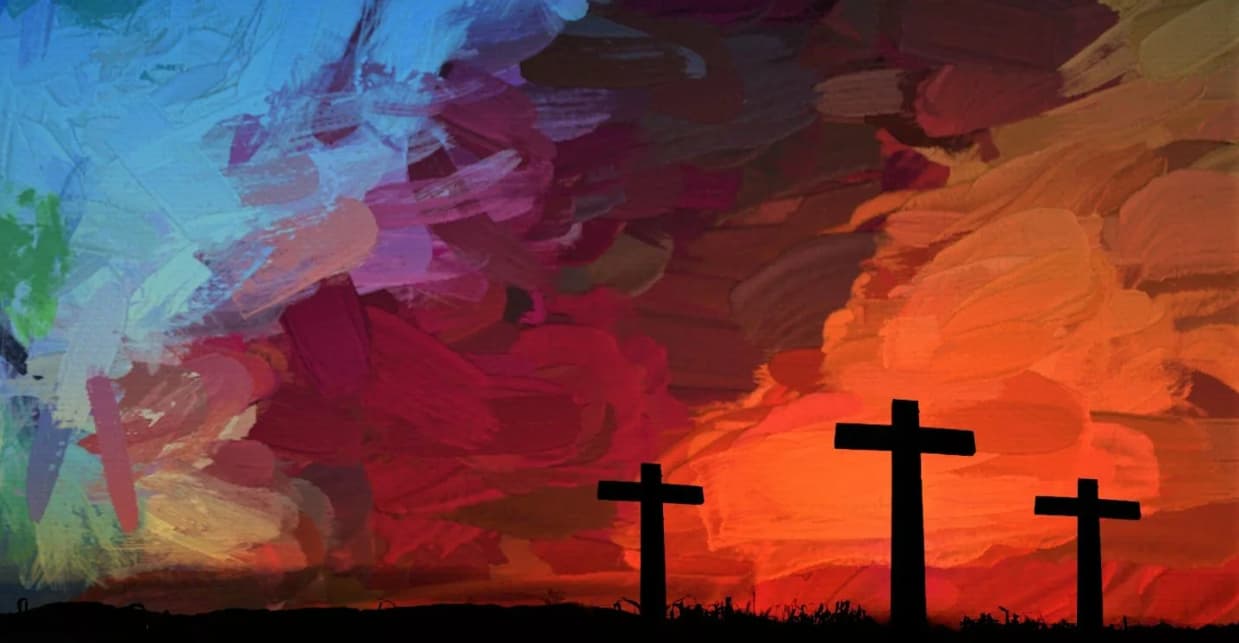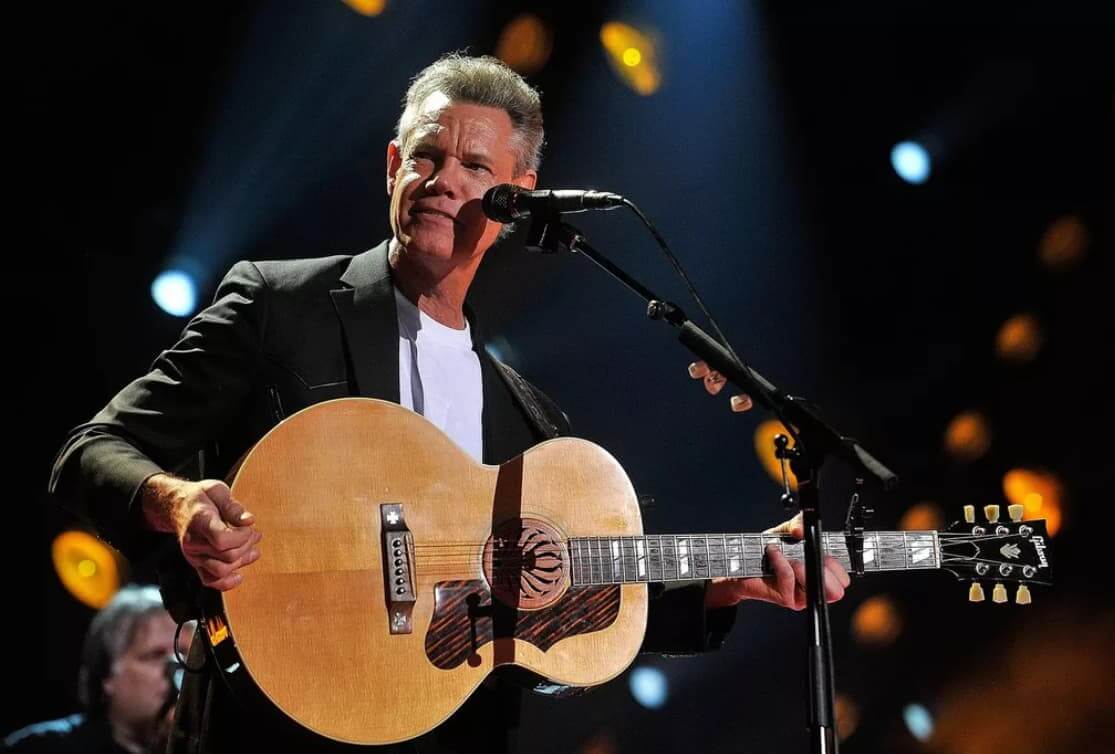The Jesus Movement is having a profound impact on the country music scene like never before. Today, the genre provides a powerful platform for Christian artists to share their stories of faith through song.
From established Christian acts like Toby Mac, Mercy Me, and Tenth Avenue North, to contemporary country stars like Eric Church and Florida Georgia Line, the influence of faith-based Christianity is palpable across various corners of the music industry.
Artists like Woody Cunningham demonstrate that music serves as a compelling medium to convey testimonials and messages of faith.
Contents

Discovering Christian Country Music
Christian Country Music (CCM) emerges as a subgenre of gospel music that seamlessly blends elements of country with themes of faith. Artists within this genre often express their beliefs, with many songs focusing on God’s love for humanity. CCM performers are commonly found at churches or Christian events, using their music to uplift and inspire audiences.
Tracing the Roots
Christian country music has been part of the music landscape since the 1970s, experiencing a recent resurgence as more artists embrace their religious convictions as a muse for their art.
Particularly popular in the United States, where a significant portion of the population identifies as Christian, these artists bring a unique blend of spirituality and musical expression to the forefront.

The Spiritual Message in Songs
CCM lyrics frequently revolve around Christian themes such as redemption, forgiveness, and grace. While rooted in faith, these songs may not always feature direct biblical references or overt divine messages.
Known for their uplifting and positive tone, CCM tracks are suitable for various occasions, whether it’s energizing morning commutes or lively gatherings, catering to audiences of diverse religious backgrounds.
Instruments and Their Role in Christian Country Music
Similar to secular country music, Christian country music embraces a variety of instruments, commonly including guitar, bass, drums, and piano.
Distinguishing Christian Country from Secular Country
1) Simplified Melodies: Unlike secular country tunes, the melodies in Christian country music tend to be more straightforward, catering to congregational singing experiences.
2) Instrumentation Choices: Pedal steel guitars and fiddles, often found in secular country, are sometimes omitted in Christian country due to their complexity, which can hinder remote participation in worship gatherings.
3) Straightforward Lyrics: Lyrics in Christian country music are often simpler compared to secular counterparts, aiming to convey fundamental truths rather than weaving intricate narratives or wordplay, though exceptions exist.

Christian Country Music Artists: A Brief Overview
MercyMe
Renowned for their inspirational music, MercyMe garnered multiple Grammy nominations and secured a Grammy win for Best Contemporary Christian Music Performance/Song in 2009 with “I Can Only Imagine.” Their album “Spoken For” debuted impressively at No. 1 on the Billboard Top Christian Albums chart in 2010.
Newsboys
With a remarkable career spanning over 30 years and more than 20 albums, Newsboys’ “Love Riot” soared to No. 1 on Billboard’s Top Christian Albums chart in 2011. Their Grammy-nominated song “God’s Not Dead (Like a Lion)” from the album “Born Again” reflects their enduring impact in Christian music.
Pat Boone
Pat Boone’s 1958 hit “Ain’t That A Shame” stands as an early hallmark in Christian country music, showcasing the genre’s roots.
Gram Parsons
Gram Parsons, a pivotal figure, transitioned from The Byrds to form the Flying Burrito Brothers, leaving an indelible mark on the genre. The release of their groundbreaking album “The Gilded Palace of Sin” in 1969 solidified their influence on subsequent acts in the rock music scene.
Conclusion
Christian country music, with its fusion of personal struggles and unwavering faith in Jesus Christ, remains a distinctive genre. As contemporary Christian artists navigate evolving challenges, collaborations with secular counterparts continue to produce new music reflecting their shared values and beliefs.

